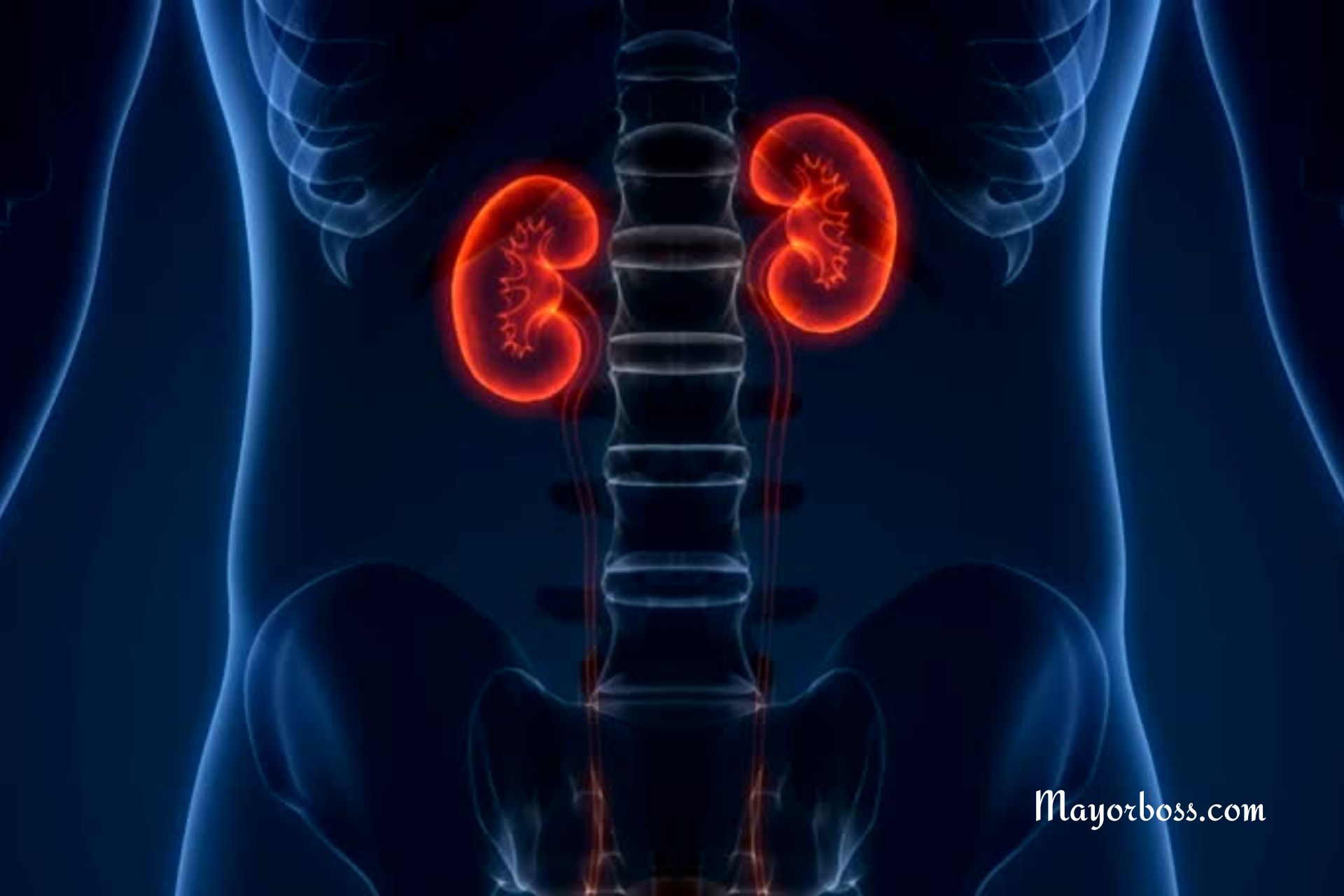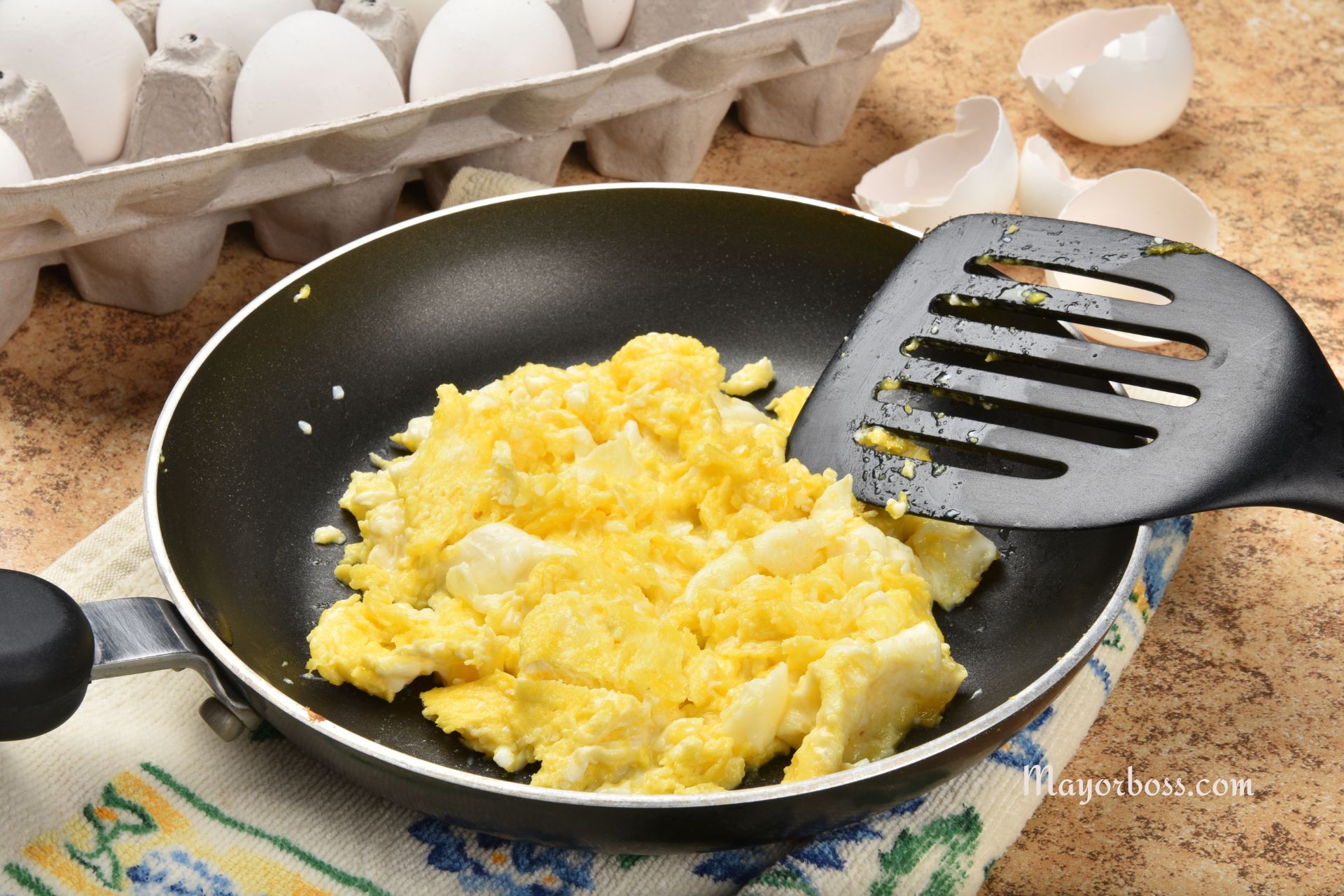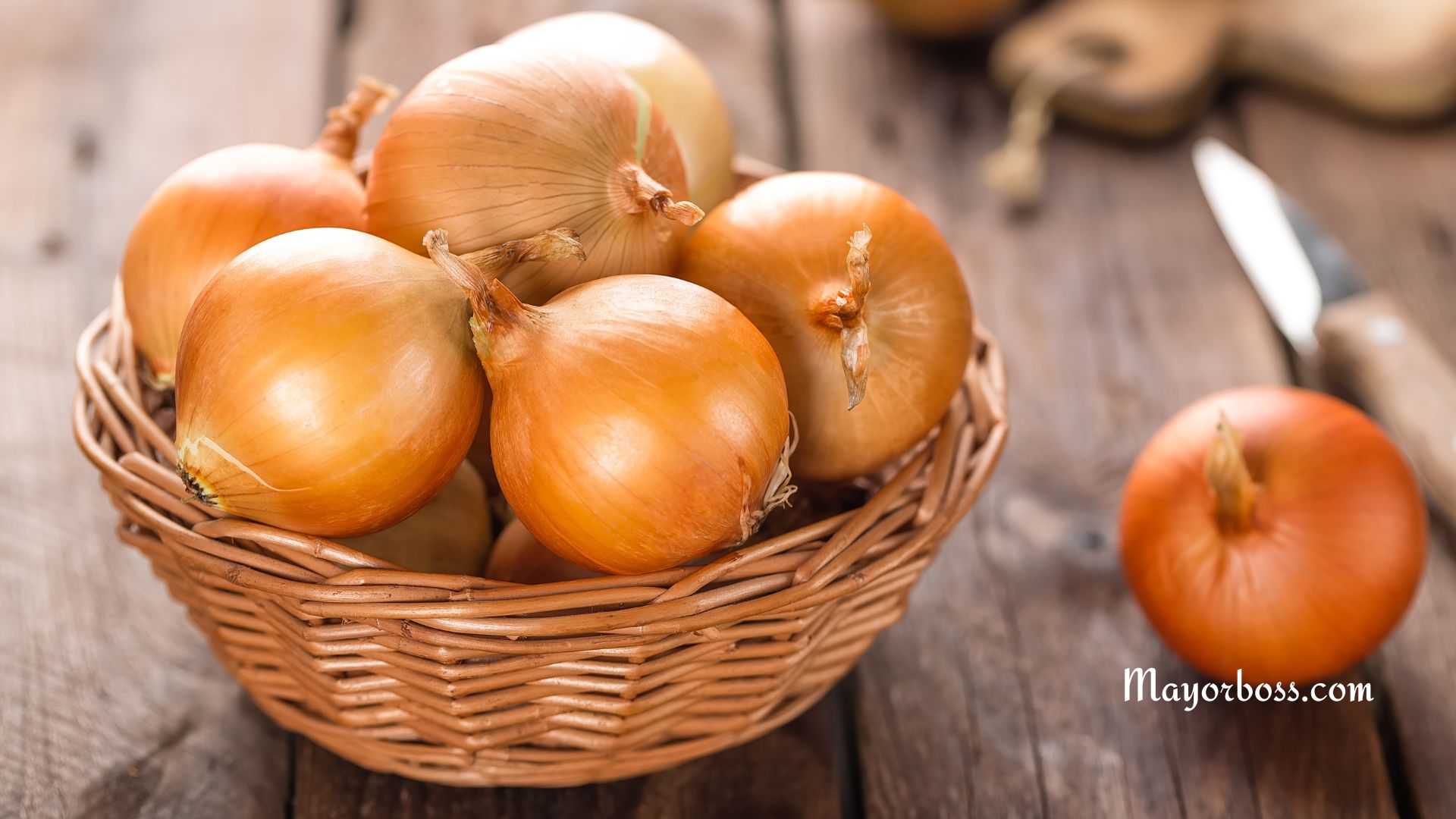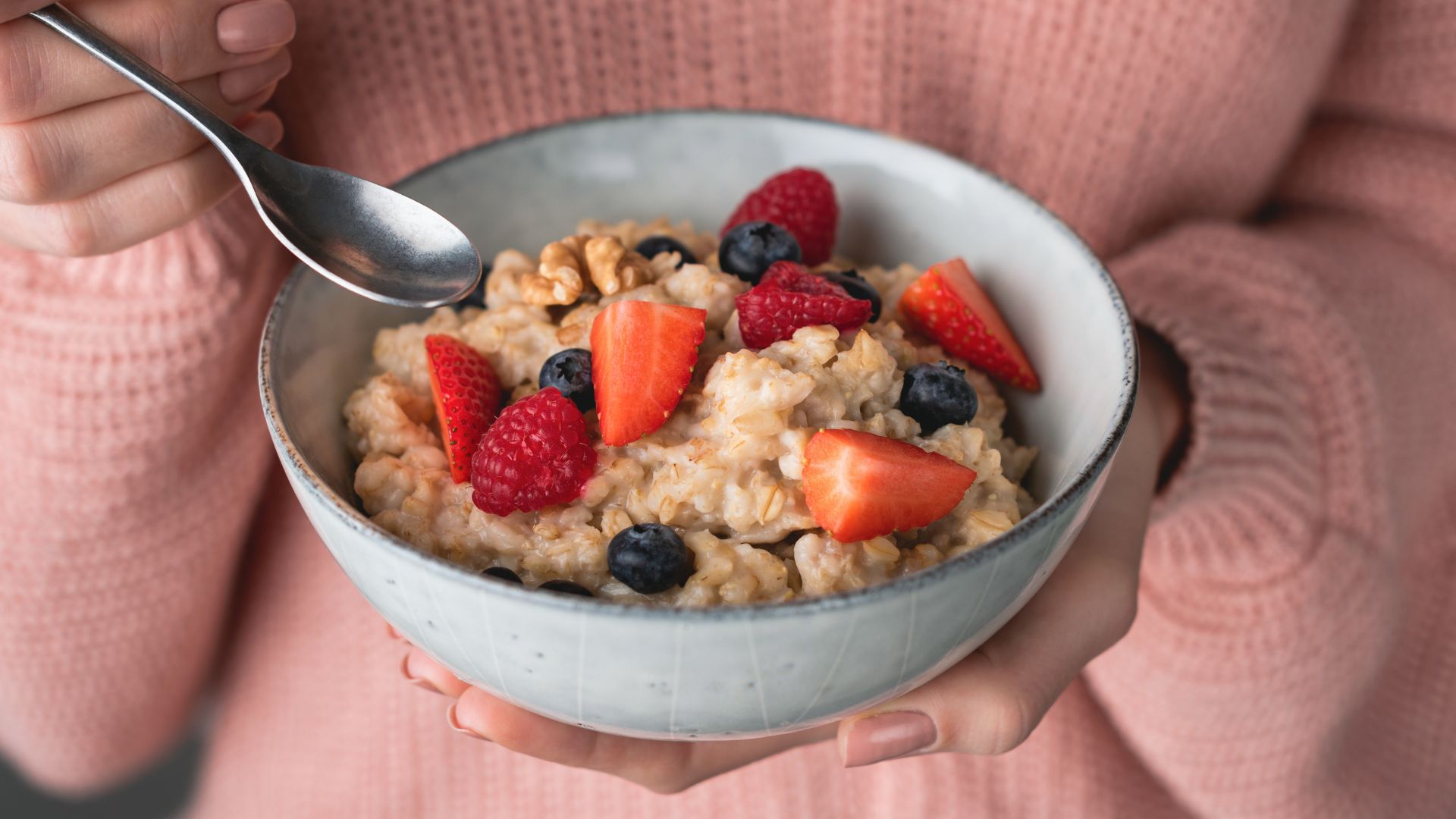Are Beets Good For You?
Beets are a nutritional powerhouse packed with essential vitamins, minerals, and plant compounds. They offer benefits like boosting your stamina, improving blood flow, and fighting inflammation. While they come with many advantages, it’s also worth considering their high sugar content.
Nutritional Value of Beets

Essential Vitamins and Minerals
When you munch on beets, you’re also consuming a variety of essential vitamins and minerals. They are rich in folate, manganese, potassium, and vitamin C. These nutrients play a critical role in your body’s functioning. For example, folate is crucial for DNA synthesis and repair, while potassium helps to regulate your blood pressure.
Fiber Content
Beets are also a good source of fiber, which aids in digestion. A high-fiber diet can help you maintain a healthy weight and lower your risk of developing chronic diseases like heart disease and type 2 diabetes.
Health Benefits of Beets
Boosts Stamina
If you’re looking for an energy kick, beets could be your go-to. They contain nitrates, which are converted into nitric oxide in your body. This improves blood flow and allows your muscles to use oxygen more efficiently, thus enhancing your performance during physical activities.
Better Blood Flow
The nitrates in beets have a second function: they expand your blood vessels. This results in improved blood flow, which can benefit your heart health and reduce the risk of cardiovascular diseases.
Fights Inflammation
Beets contain pigments called betalains, which have strong anti-inflammatory and antioxidant properties. These pigments help to fight off free radicals in your body, reducing oxidative stress and inflammation.
Supports Brain Health
According to studies, the nitrates in beets can improve mental and cognitive function. They increase blood flow to the brain, which could potentially help in combating age-related cognitive decline.
When Beets Might Not Be a Good Idea
High Sugar Content
While beets offer numerous health benefits, they also have a high sugar content. So, if you’re trying to manage your sugar intake, especially if you have diabetes, you should consume them in moderation.
Possible Side Effects
In some cases, eating beets might cause beeturia, a harmless condition where your urine turns pink or red. Additionally, oxalates in beets can contribute to the formation of kidney stones if consumed in large amounts.
How To Incorporate Beets Into Your Diet
Salads and Smoothies
One of the easiest ways to add beets to your diet is by tossing them into salads or blending them into smoothies.
Pickling
You can also pickle beets for a tangy treat. Pickled beets make a delicious addition to sandwiches and salads.
Baking and Roasting
For a warm, hearty option, consider roasting or baking beets. They pair well with a variety of herbs and spices.
Frequently Asked Questions
What Nutrients Do Beets Provide?
Beets are a nutrient-dense food loaded with essential vitamins and minerals. They contain a generous amount of folate, manganese, potassium, and vitamin C. Moreover, they are also a good source of fiber. These nutrients collectively contribute to various bodily functions, such as maintaining blood pressure, aiding in digestion, and supporting cellular processes.
Are Beets Good for Athletes or Those Who Exercise?
Absolutely, beets are considered a boon for athletes and fitness enthusiasts. They are rich in nitrates, which your body converts into nitric oxide. This helps in improving blood flow and allows your muscles to use oxygen more efficiently. As a result, you may find that you can exercise longer and more vigorously, thanks to this root vegetable.
Can Eating Beets Have Side Effects?
While beets are generally safe and beneficial for most people, they do come with a few potential side effects. One of the harmless but surprising side effects is beeturia, where your urine turns a reddish or pinkish color. Also, beets contain oxalates, which could contribute to the formation of kidney stones if consumed excessively. So, moderation is key.
How Can I Incorporate Beets into My Meals?
You have several tasty options for adding beets to your diet. You can eat them raw in salads or juices or cook them by boiling, steaming, roasting, or baking. Pickled beets are another popular option, adding a tangy flavor to your dishes. Whether you prefer them sweet or savory, beets are versatile enough to fit into any meal plan.
Are Beets Suitable for People with Diabetes?
Although beets contain natural sugars, they have a moderate glycemic index, which means they won’t cause rapid spikes in your blood sugar levels. However, if you’re managing diabetes, it’s advisable to consume beets in moderation and consult your healthcare provider for personalized advice. The fiber content in beets can also help regulate blood sugar, making them a fairly good option for a balanced diet.






